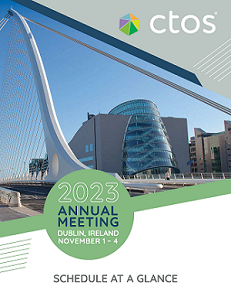
Philip Wong, MD (he/him/his)
Radiation Oncologist
Princess Margaret Cancer Centre, Canada
Plasma Medicine
Plasma Medicine is an emerging field with a relevant potential in complementing radiotherapy or becoming a treatment in itself. The chemistry and biology around Plasma Medicine is in part remarkably similar to radiotherapy.
Microfluidic Technology in Radiotherapy
Advancement in Radiation Oncology is connected to improvement in the geometric accuracy of radiation dose delivery, which can then be exploited through biological means to augment the therapeutic window of radiation and various targeted agents. We have developed methods to isolate individual chambers within the lab-on-a-chip to specific doses of radiotherapy and systemic agent. Ongoing efforts are being invested to increase the throughput of this drug screening method and to implement the use of clinical specimens for ex-vivo evaluation.
Application of novel technology
As radiotherapy for metastatic diseases could range from palliative to potentially curative, there is an increasing need to improve how treatment techniques are tailored based on an individual patient’s needs and goals of care. The application of biological and engineering technologies can fulfill this need. I am examining the combination of radiotherapy with immune check-point modulators, where one of the exploratory aims is to evaluate the use of wearables to detect adverse events. This sparked the Princess Margaret – Digital Intelligence study to evaluate Hexoskin and Zamplo to monitor patients receiving palliative radiotherapy. With Artificial Intelligence technologies reaching maturity in some areas, their application and deployment in health care can now be tested. Funded by the ScaleAI supercluster, an initial project will involve developing a cancer patient scheduling system that will guide Princess Margaret Cancer Centre in prioritizing care across all cancer sites.

